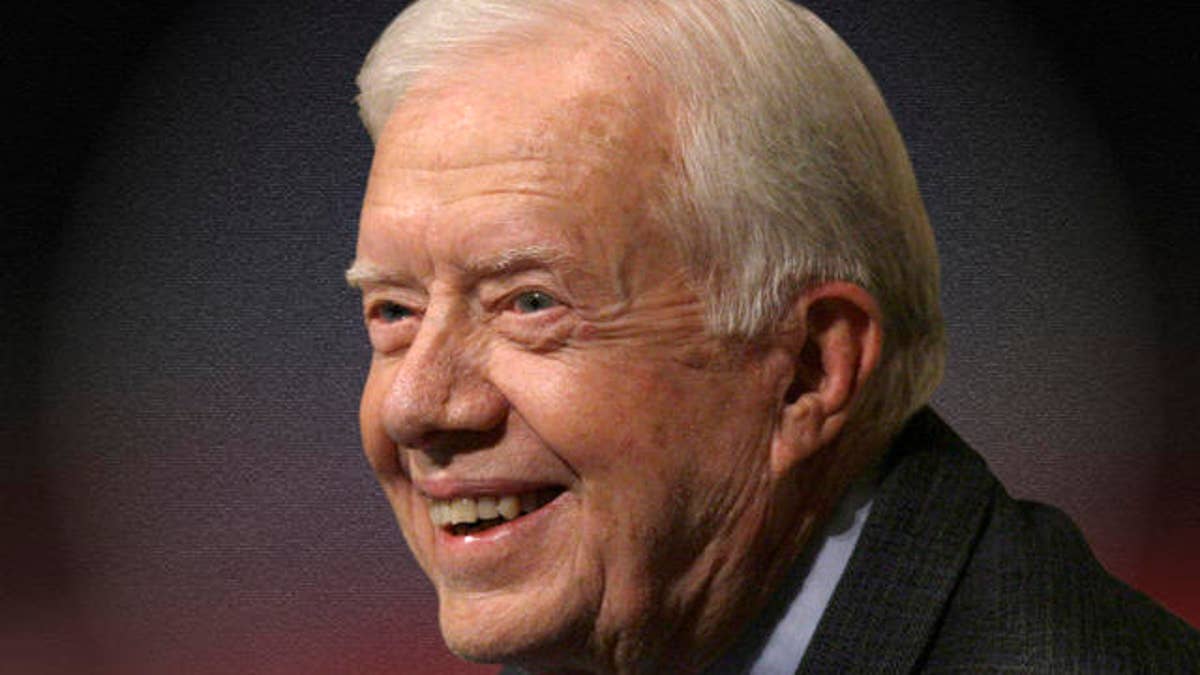
AP
Neither a cold-blooded realist nor a bleeding-heart idealist, Barack Obama has a split personality when it comes to foreign policy. So do most U.S. presidents, of course, and the ideas that inspire this one have a long history at the core of the American political tradition. In the past, such ideas have served the country well. But the conflicting impulses influencing how this young leader thinks about the world threaten to tear his presidency apart -- and, in the worst scenario, turn him into a new Jimmy Carter.
Obama's long deliberation over the war in Afghanistan is a case study in presidential schizophrenia: After 94 days of internal discussion and debate, he ended up splitting the difference -- rushing in more troops as his generals wanted, while calling for their departure to begin in July 2011 as his liberal base demanded. It was a sober compromise that suggests a man struggling to reconcile his worldview with the weight of inherited problems. Like many of his predecessors, Obama is not only buffeted by strong political headwinds, but also pulled in opposing directions by two of the major schools of thought that have guided American foreign-policy debates since colonial times.
In general, U.S. presidents see the world through the eyes of four giants: Alexander Hamilton, Woodrow Wilson, Thomas Jefferson, and Andrew Jackson. Hamiltonians share the first Treasury secretary's belief that a strong national government and a strong military should pursue a realist global policy and that the government can and should promote economic development and the interests of American business at home and abroad. Wilsonians agree with Hamiltonians on the need for a global foreign policy, but see the promotion of democracy and human rights as the core elements of American grand strategy. Jeffersonians dissent from this globalist consensus; they want the United States to minimize its commitments and, as much as possible, dismantle the national-security state. Jacksonians are today's Fox News watchers. They are populists suspicious of Hamiltonian business links, Wilsonian do-gooding, and Jeffersonian weakness.
Walter Russell Mead is Henry A. Kissinger senior fellow at the Council on Foreign Relations and author of "Special Providence: American Foreign Policy and How It Changed the World." He blogs at The American Interest. To continue reading his new piece in Foreign Policy, click here.
